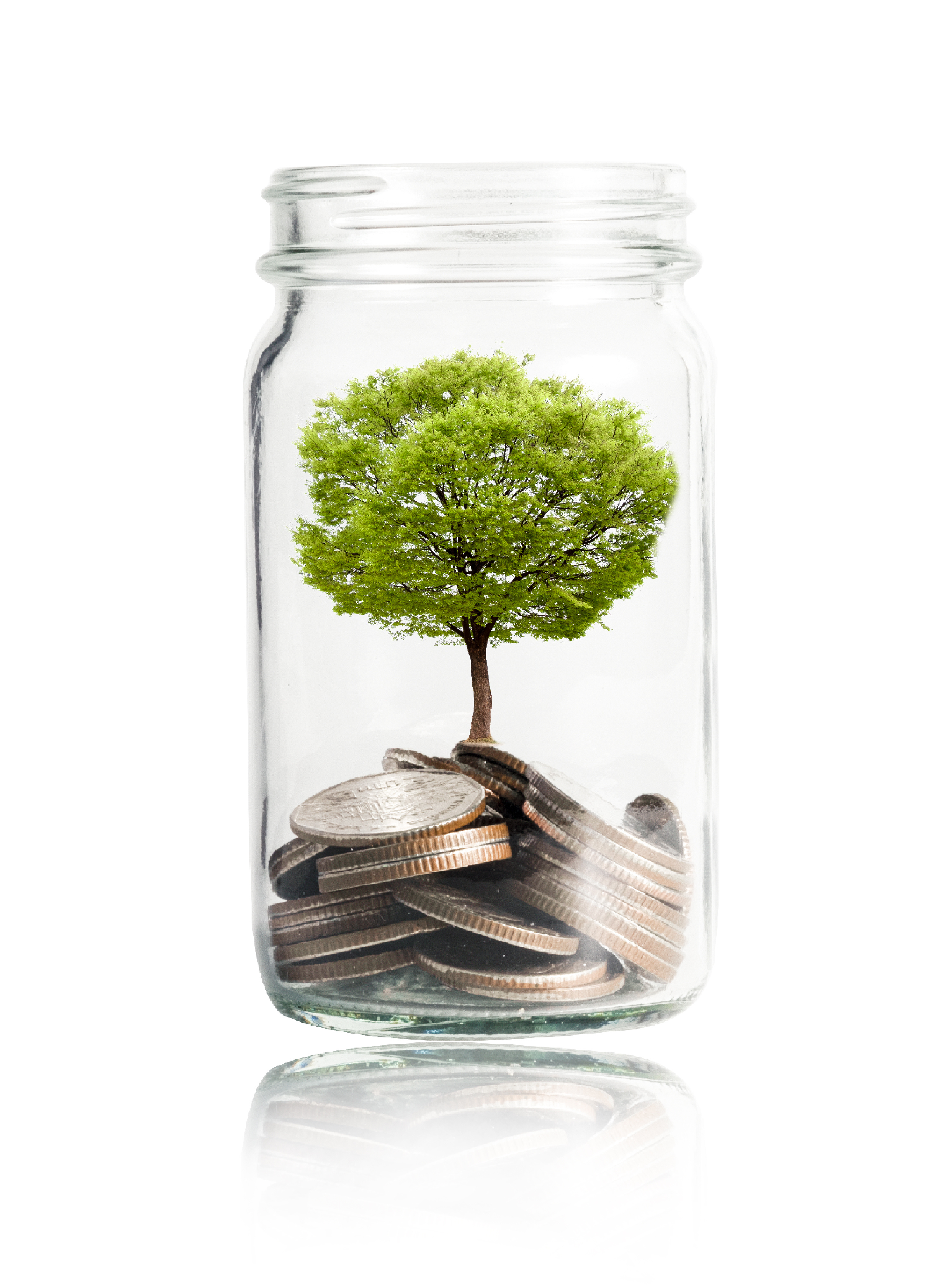by: Jawad Tung
“An important first step investors can take is to assess how their investments would impact nature as well as their portfolio risks from biodiversity loss. “
Time is running out for many of the delicate ecosystems that support the great diversity of life on earth. Greenhouse gases are causing global warming; with CO2 levels rising in the ocean water, acidification of oceans is taking place. This is disrupting the large-scale circulations driven by global density gradients created by surface heat and freshwater fluxes. This impacts the entire planet in the form of deforestation, forest fires and floods. Unsustainable business practices are putting the survival of all at risk.
Nature is a critical contributor to the global economy, with products like corn, wheat, coffee and timber being heavily traded commodities. All these products support the livelihood of many families and individuals. Animals and plants play a critical role in making our planet habitable.
One of the most pressing global issue is that, despite the importance of biodiversity for a functional planet, we are losing animal and plant species at an alarming rate, which in turn will impact our lives in one way or another. There are conservation efforts in place, though have not been in place long enough to stop or reverse the current damage.
Biodiversity supports billions of those who are dependent on agriculture and fishing for livelihood. The loss of biodiversity poses a threat to the global economy as well because almost half of the world’s Gross Domestic Product (GDP) is moderately/highly dependent on nature.
However, two of the least invested areas of the UN’s sustainable development goals involve life on land and life below water.
How can individuals and investors take action now to contribute positively?
An important first step investors can take is to assess how their investments would impact nature as well as their portfolio risks from biodiversity loss. There is a growing trend of environmental, social, and corporate governance investing and highlighting a more responsible ways of doing day to day business.
Thinking about everyday decisions in an environmentally conscious and eco-friendly manner would contribute positively towards a more sustainable planet.
Governments and financial institutions should take steps to make the case that nature and conservation capital is an investable asset and give monetary incentives to investors, making nature a profitable investment.

